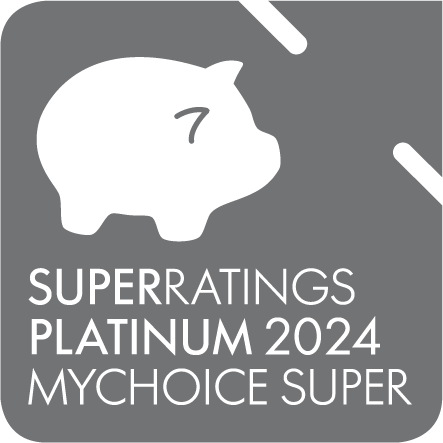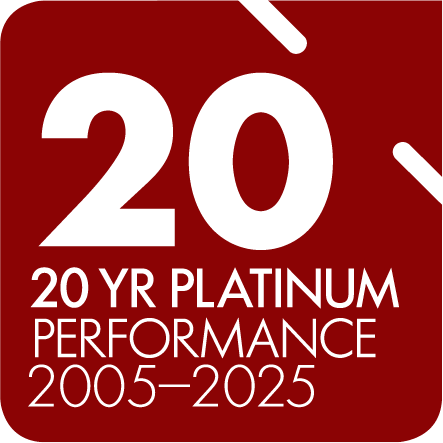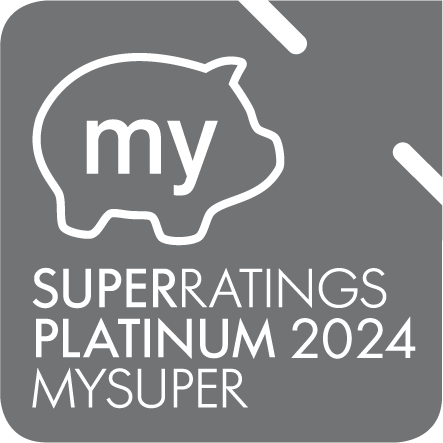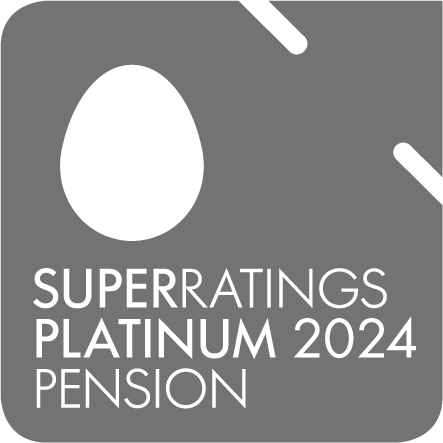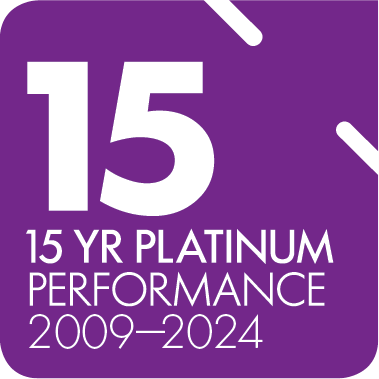Claiming a tax deduction for a personal after-tax contribution
If you make personal after-tax contributions, you may also be able to claim a tax deduction for your contribution. This can be particularly beneficial if you’re self-employed or unable to salary sacrifice with your employer.
Claiming after-tax contributions as a tax deduction reduces your taxable income whilst increasing your savings for retirement. It can be particularly beneficial because the contribution amount is taxed at 15% in the super fund instead of your marginal rate of tax which can be a lot higher.
Just note that if you do claim a tax deduction for a personal after-tax contribution, this contribution amount will no longer count towards receiving the super co-contribution. Contribution caps also apply when claiming contributions as an income tax deduction.
For more information on personal after-tax contributions, including claiming them as a tax deduction, visit the ATO website.

